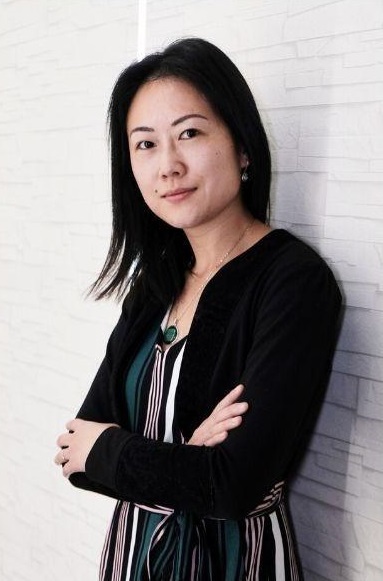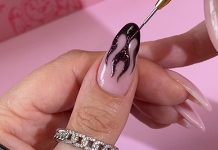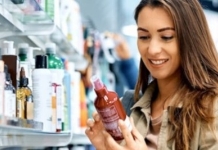Top tips for re-opening a Clinic post-lockdown
 As the UK begins to turn its attention to life-after-lockdown and plans are beginning to be put in place for businesses looking to re-open, Skin Aesthetics, a skin-specialist clinic led by medical professionals, has recently begun offering online consultations to help support patients facing skin concerns during lockdown.
As the UK begins to turn its attention to life-after-lockdown and plans are beginning to be put in place for businesses looking to re-open, Skin Aesthetics, a skin-specialist clinic led by medical professionals, has recently begun offering online consultations to help support patients facing skin concerns during lockdown.
Dr Qian Xu shares some of her top tips for clients as she plans to reopen the Skin Aesthetics clinics for in-person appointments.
1. Get an online consultation
As social distancing means you cannot consult with a professional face-to-face, do a video consultation. This will allow for you to discuss your skincare concerns, chat through a treatment plan and try a skincare regime that may solve your issue or keep your skin in a good condition until you can see a professional for treatment.
2. Take a pre-booking screening
Working in A&E I have seen the tragedy and illness the COVID-19 virus can cause and its likely there will still be risk of contracting the virus even once lockdown lifts. Salons and clinics should take measures to ensure there is no risk of someone with COVID-19 coming into clinic and potentially passing the virus on to others. Ask your clinician if they are carrying out a booking questionnaire to minimise this risk.
If you yourself have been experiencing any symptoms of the virus within the last two weeks, or been in contact with someone who has, please reconsider before booking an appointment. It is better to wait a bit longer before coming into the clinic, than risking other patients or clinicians become infected.
3. Space out the appointments
Although we can't practice social distancing in the clinic room, we can do so in the waiting room. Check that the clinic you are attending has these measures in place and ideally, is spacing out appointments to minimise patient-to-patient contact.
4. Keep your hands clean
The clinic's staff are likely to continue to regularly wash their hands and will likely ask you to wash your hands first before they sit down with you. Make sure you wash your hands after your appointments as well – remembering to wash for at least 20 seconds.
5. Check that surfaces and equipment are cleaned regularly
The COVID-19 virus can survive on different types of surfaces for different amounts of time so it is important to ensure that surfaces are regularly wiped down in a clinic and that equipment that is shared between clients – such as treatment tables, the clinic desk and mirrors – are sanitised between appointments.
6. Wear face masks if possible
Face masks are in short supply, but it is really worth getting some if you can. As COVID-19 is a respiratory virus, it is passed between people through breath and so face masks are the most important part of all the personal protective equipment. Luckily, I have been able to source face masks to donate to frontline workers who need them during the pandemic. Using these contacts, I will be providing face masks to all Skin Aesthetics clients who have booked appointments post-lockdown. I would be happy to help out other aesthetic clinics who need to source face masks too.
7. Treatment practice
Where possible, try to do some treatments together with your clinician to avoid repeated trips to and from clinic. Of course, this won't be possible for all treatments, but it's always good to bear in mind.
8. Know when you should self-quarantine
As soon as you start to experience any symptoms of fever, a new cough, shortness of breath, or any other potential symptoms of the virus, you must self-isolate for at least seven days. Although it might seem tempting to go outside if your symptoms are only mild, it is important to stay indoors to avoid passing on the virus to someone else who might find it life-threatening. Please be responsible and don't risk passing on the virus to others.
Dr Qian Xu is Medical Director and Founder of Skin Aesthetics in London's Harley Street. Since the start of the COVID-19 pandemic, she has been working in A&E to support the NHS.





-11752.png)





